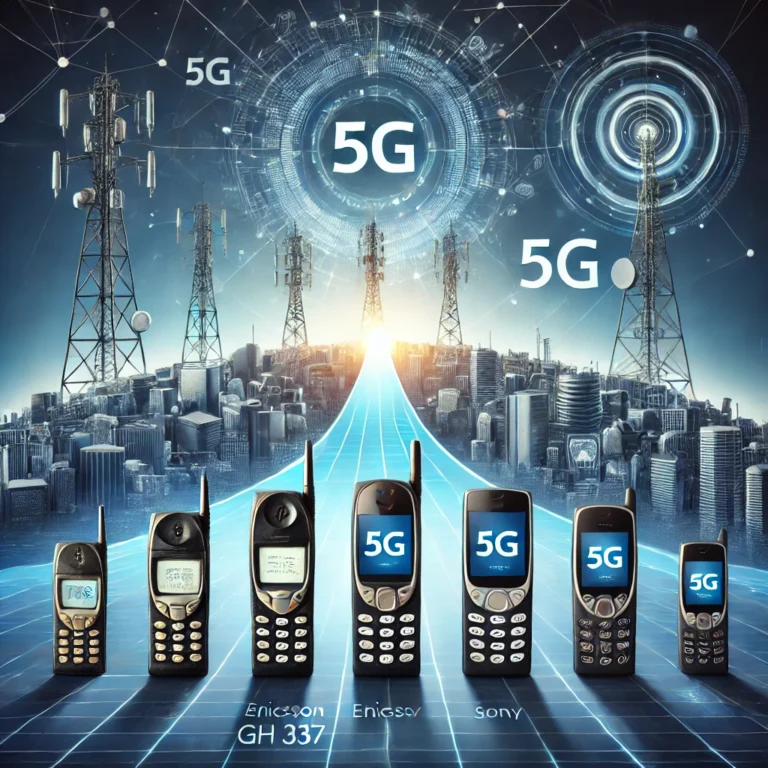Meta Unveils ORION, the AR glasses
Meta Orion is the latest augmented reality (AR) glasses unveiled by Meta at the Connect 2024 event. These glasses represent a significant leap in AR technology by merging physical and digital worlds seamlessly. Orion is designed for all-day wear, featuring a lightweight frame (less than 100 grams), which makes it more portable and comfortable compared to bulkier headsets like Apple’s Vision Pro.
One of the standout features of the Orion glasses is their ability to project large holographic displays in the user’s environment, allowing them to interact with both 2D and 3D content in real-world settings. Orion incorporates Meta’s advanced AI, enabling users to access virtual assistants and perform hands-free tasks, such as taking video calls, organizing calendars, or even receiving suggestions based on real-world inputs like what’s inside their fridge.
A significant technological advantage of Orion is its processing unit, which is offloaded to a lightweight wireless puck, further reducing the weight and enhancing the portability of the glasses. While still in prototype form, Meta envisions Orion as a major player in the AR landscape, potentially competing with devices like the Apple Vision Pro(Advanced Television)(mint).
This innovation positions Meta as a strong contender in the future of AR and mixed reality experiences.
Meta’s Orion AR glasses are still largely in the prototype phase, though they show great potential for future mass consumption. While Orion was unveiled at Meta’s Connect 2024 event, signaling Meta’s ambition for it to eventually reach a wider market, it is currently more of a developmental platform rather than a fully consumer-ready product.
Meta has demonstrated some practical use cases, such as hands-free video calls, virtual assistants, and seamless integration of 2D and 3D holographic content in everyday environments. However, the technology is still in its early stages, and key details like pricing and availability are not yet clear. The product is being refined, and Meta continues to iterate on the experiences that Orion can offer(
Mass-market readiness will likely depend on further development, user feedback, and advancements in AR tech. Meta’s vision is to eventually make Orion a part of daily life, but for now, it remains a glimpse of what’s to come in the future of augmented reality.
Meta is not the only company working on augmented reality (AR) glasses and related technologies. Several other major tech companies are developing similar concepts, competing in the space of mixed reality (MR) and augmented reality. Here are some of the key players:
- Apple:
- Apple recently introduced the Vision Pro, a mixed-reality headset designed for AR and VR experiences. It features a high-resolution display and advanced spatial computing, enabling users to interact with both digital and physical environments. While its design is currently bulkier than Meta’s Orion, it represents a significant push into the AR space(mint).
- Google:
- Google has been exploring AR for years, starting with Google Glass. Although the original Google Glass failed to gain widespread traction, Google is still working on AR projects, particularly in enterprise and industrial applications. Google has also been developing ARCore, a platform for AR development on Android devices.
- Microsoft:
- Microsoft HoloLens is one of the leading mixed-reality headsets, particularly in enterprise settings. HoloLens provides users with immersive AR experiences for tasks like training, design, and collaboration. The device is currently aimed more at business and industrial use, but Microsoft continues to refine its AR capabilities.
- Magic Leap:
- Magic Leap is another company focused on AR, primarily with its Magic Leap 2 headset. While it initially targeted consumers, Magic Leap has pivoted towards enterprise use, with applications in healthcare, engineering, and design.
- Snap:
- Snap Inc., the company behind Snapchat, has developed Spectacles, which are AR smart glasses. While more focused on social AR experiences, Spectacles demonstrate the company’s long-term vision for integrating AR into everyday life through wearable technology.
Each of these companies is investing heavily in AR and mixed reality, aiming to push the boundaries of how we interact with digital and physical spaces. While Meta’s Orion is a major player in this space, it is far from alone in exploring AR’s potential.
The price of Meta’s Orion AR glasses is not officially confirmed, but estimates suggest it could be very expensive in its current form. Reports indicate that the cost of making Orion could reach around $10,000 due to the advanced technology and miniaturized components used in the device.
This places Orion in a similar price range to other high-end AR and mixed-reality devices, like Apple’s Vision Pro, which is priced at $3,499. However, Meta may aim to lower production costs over time if they intend to push the product toward mainstream consumers. Initially, Orion may target developers, early adopters, and enterprises before wider adoption becomes feasible.






